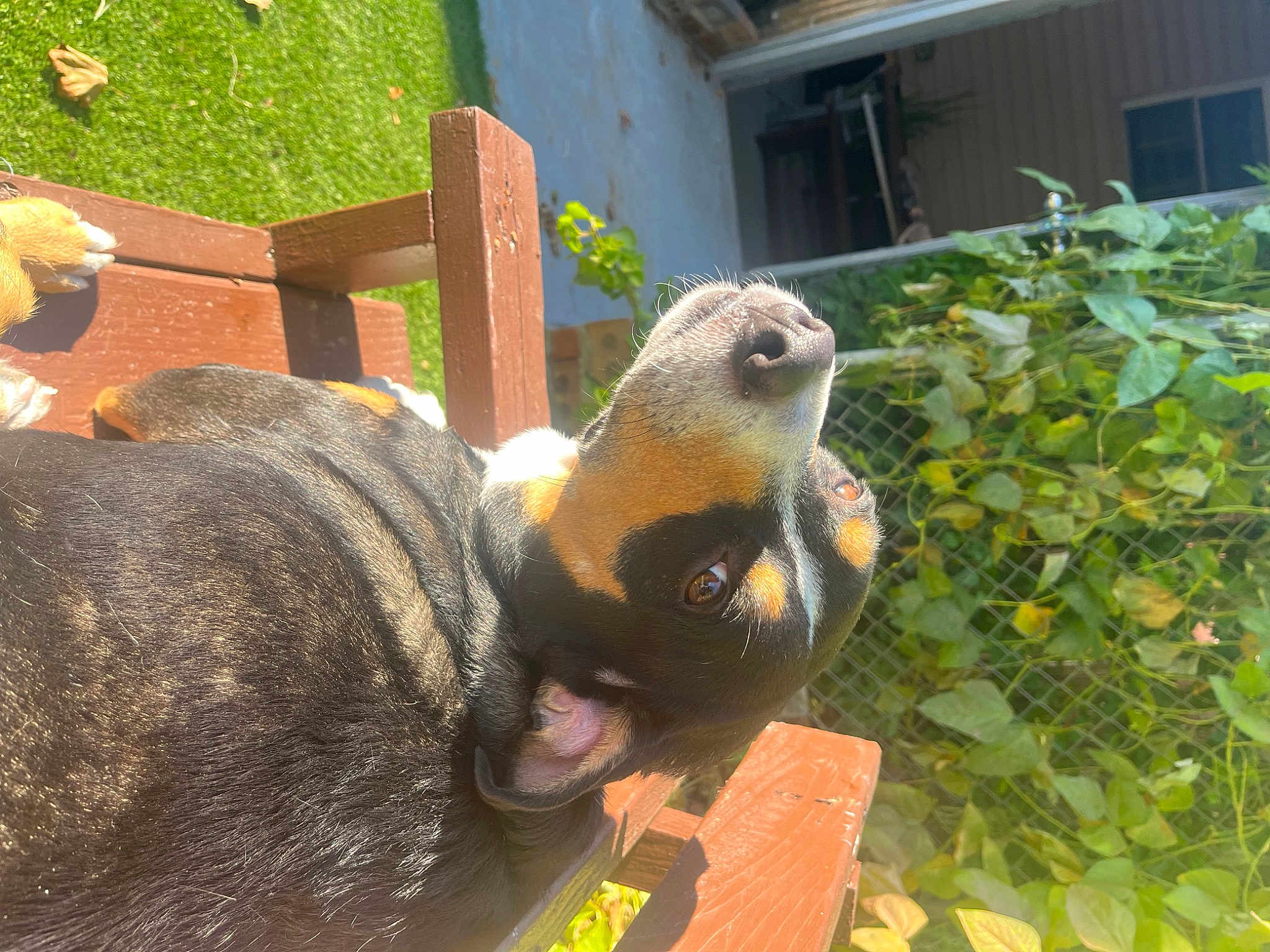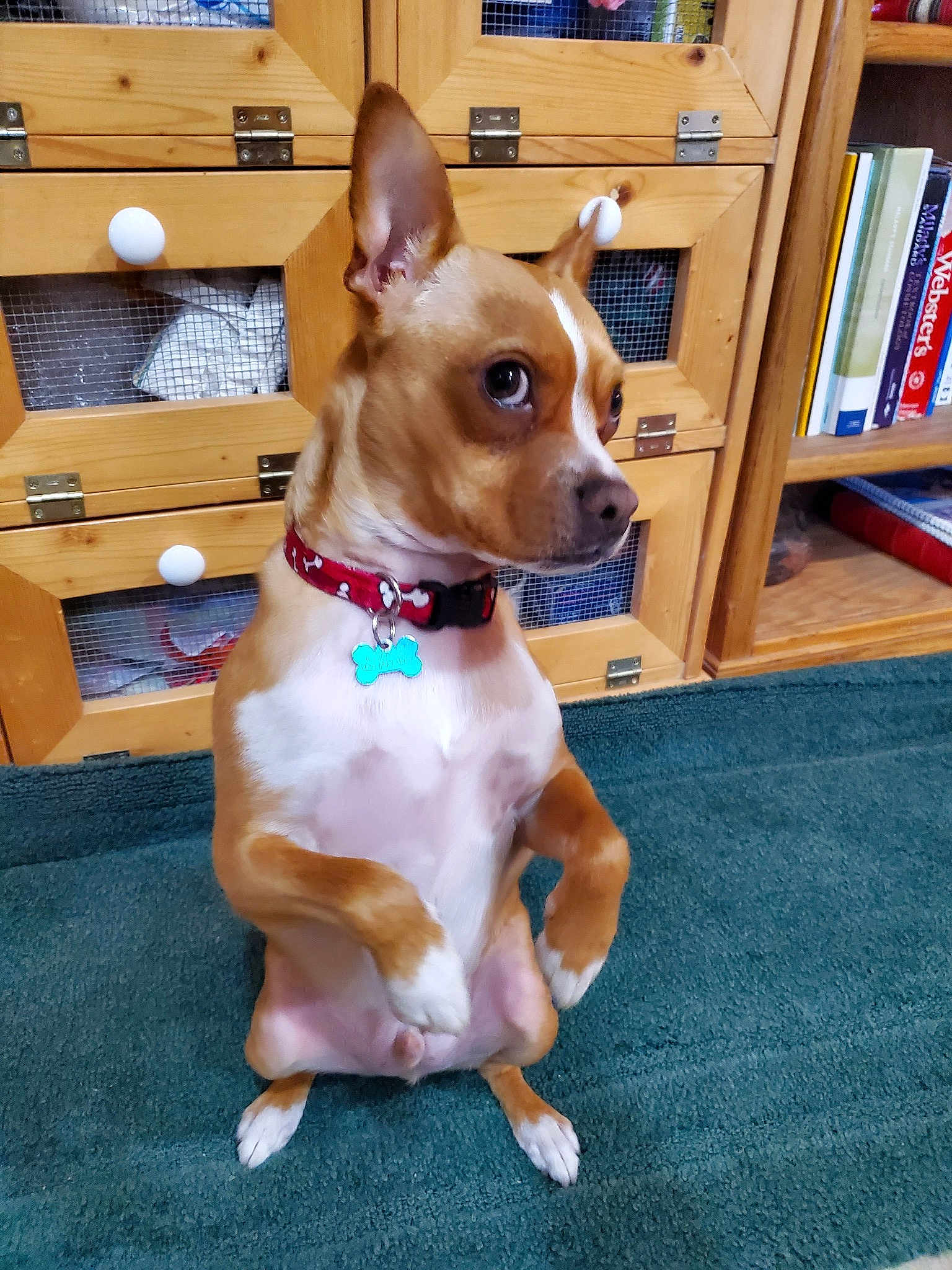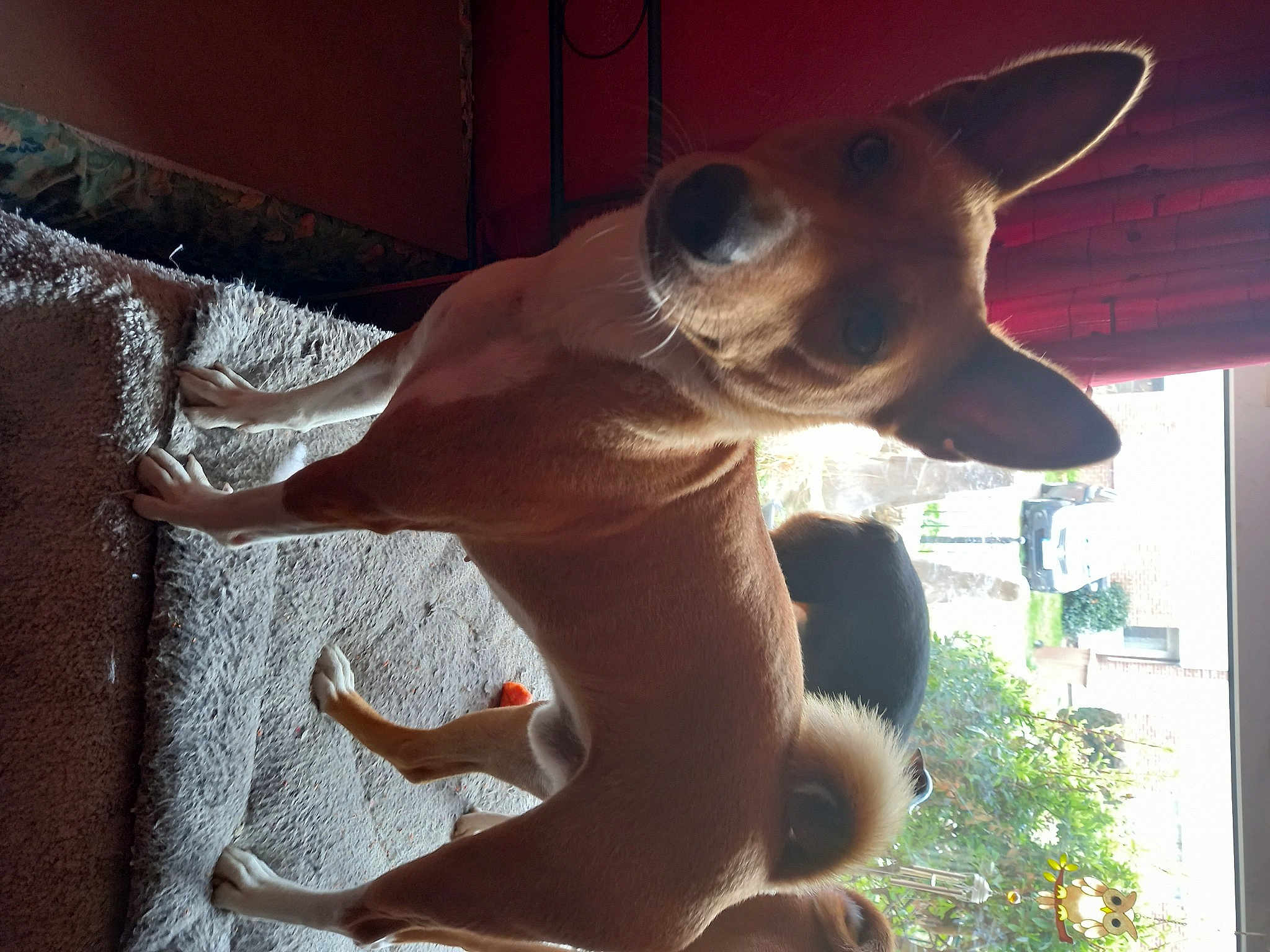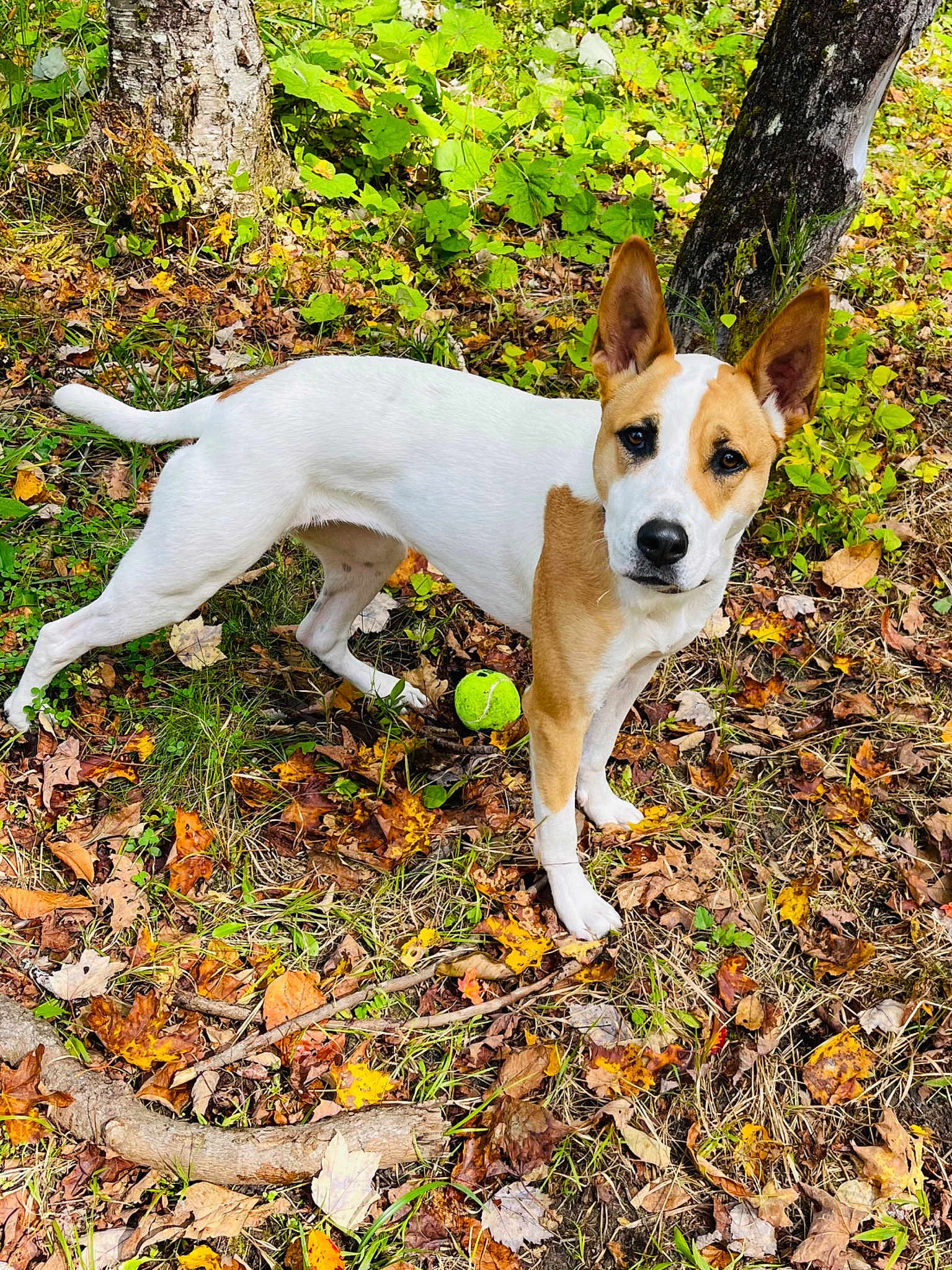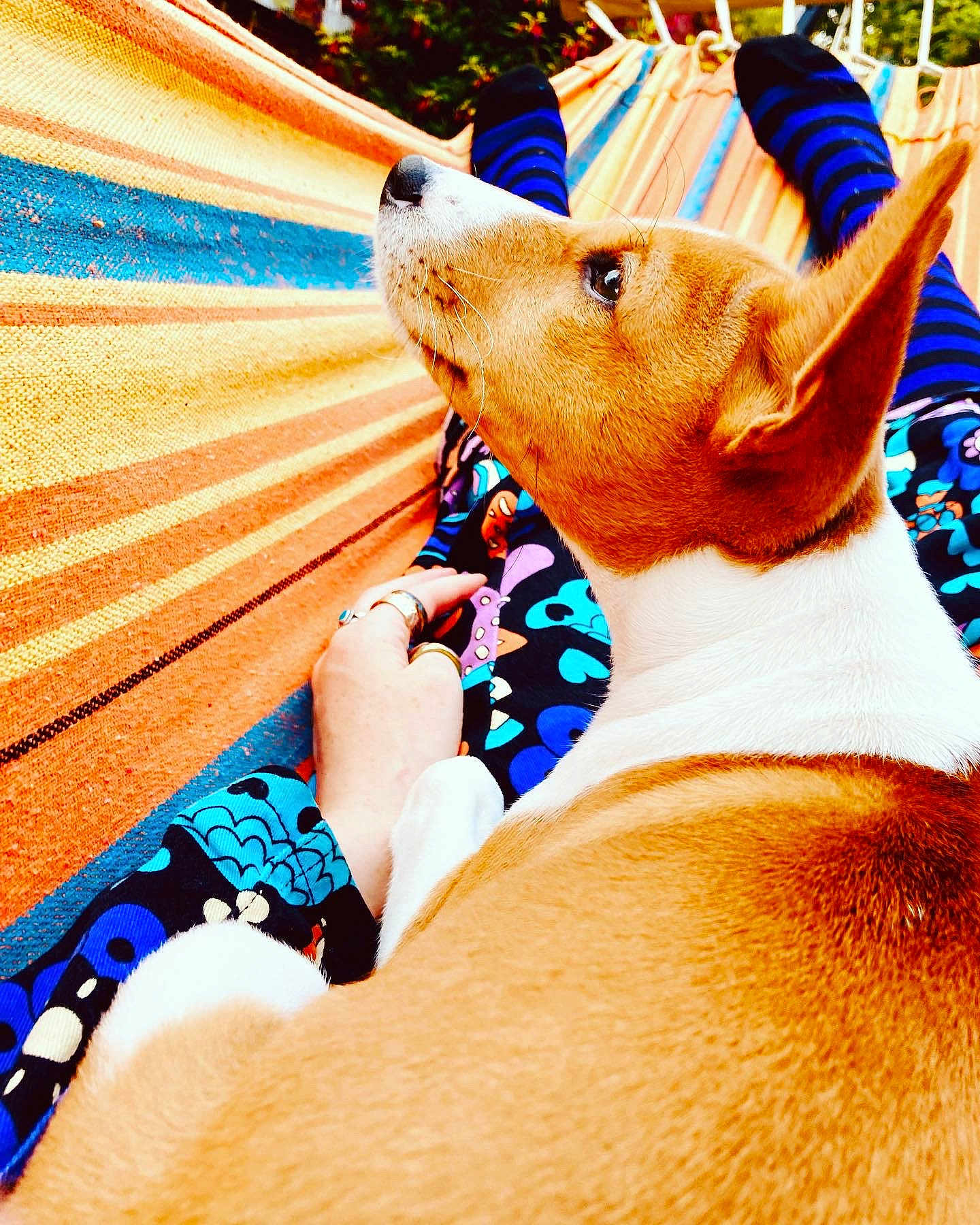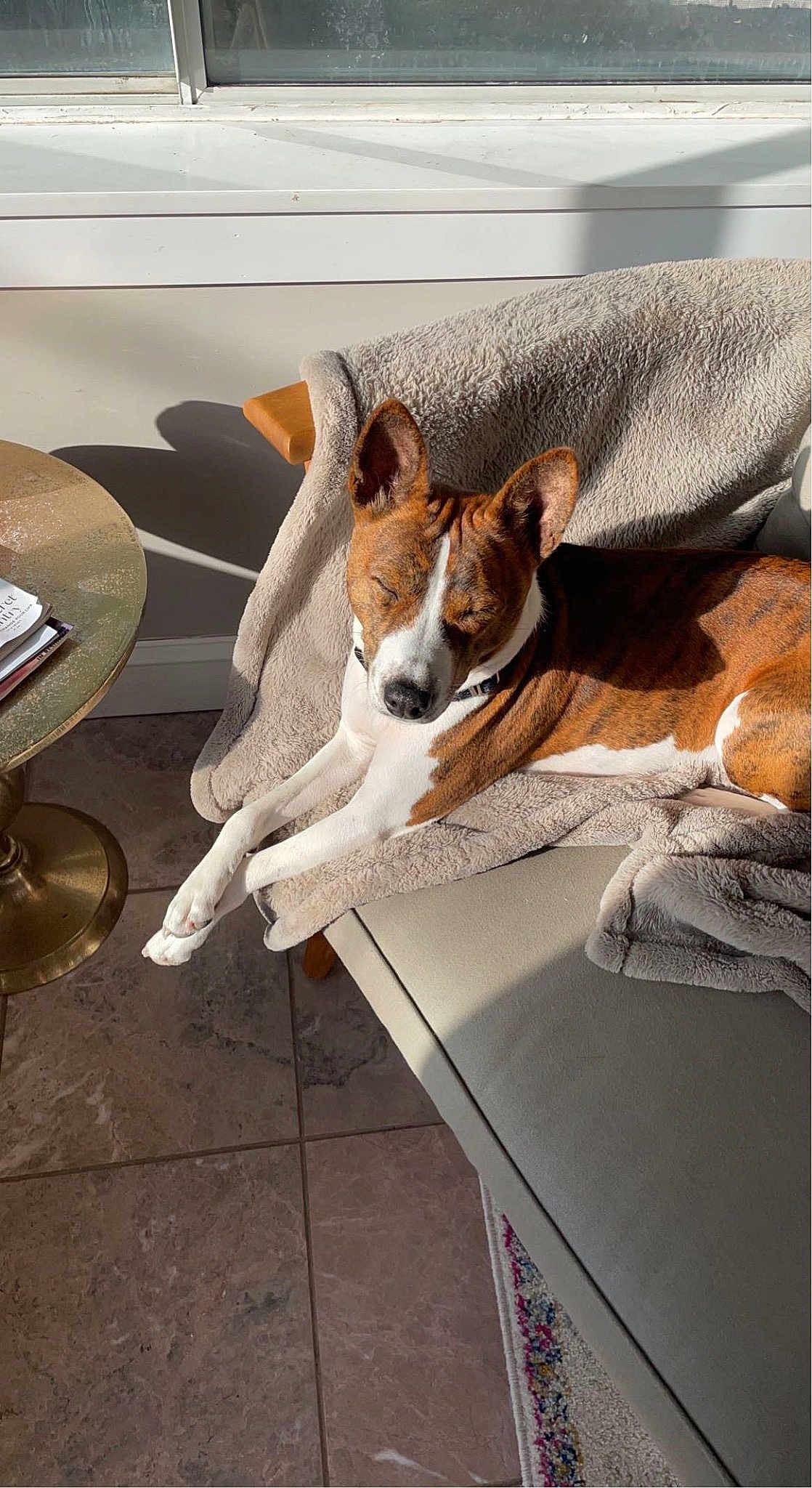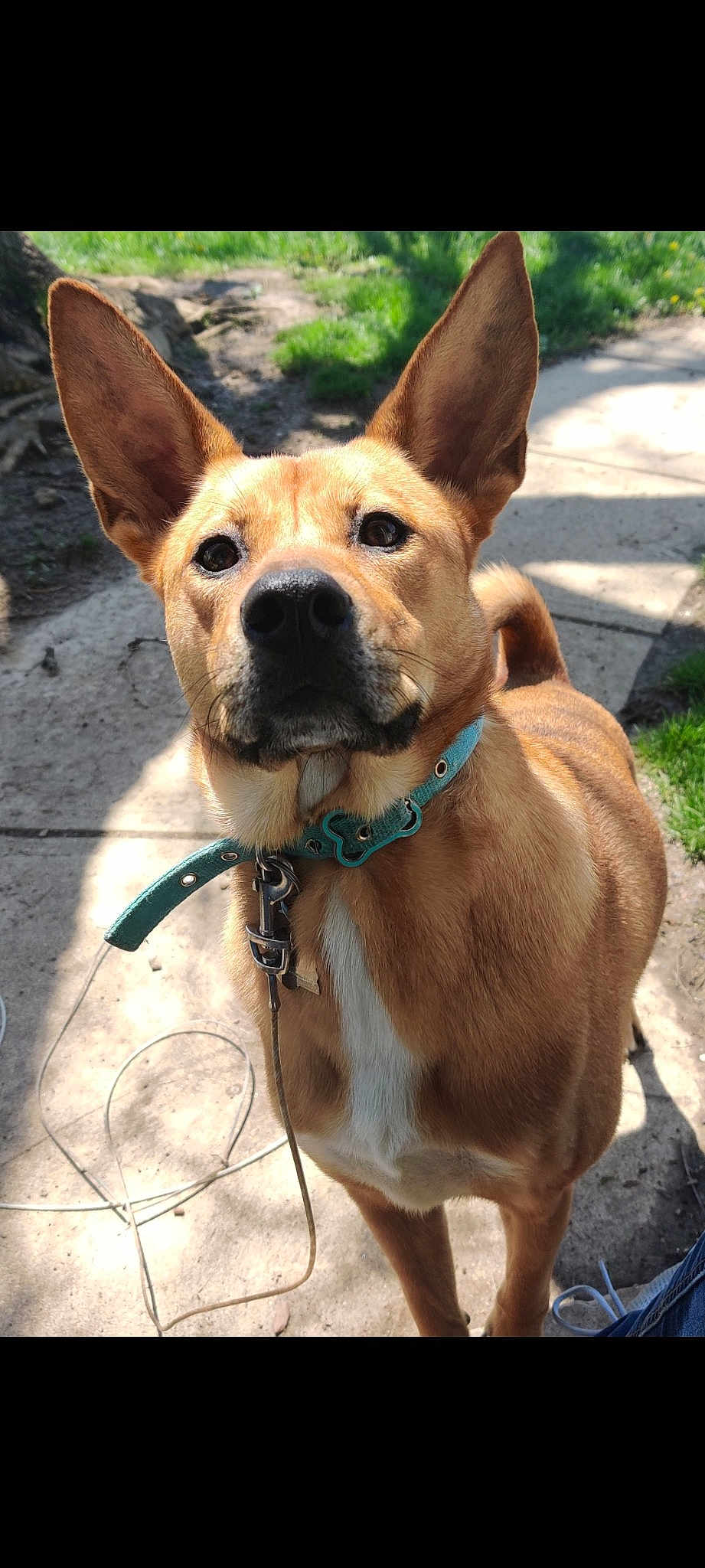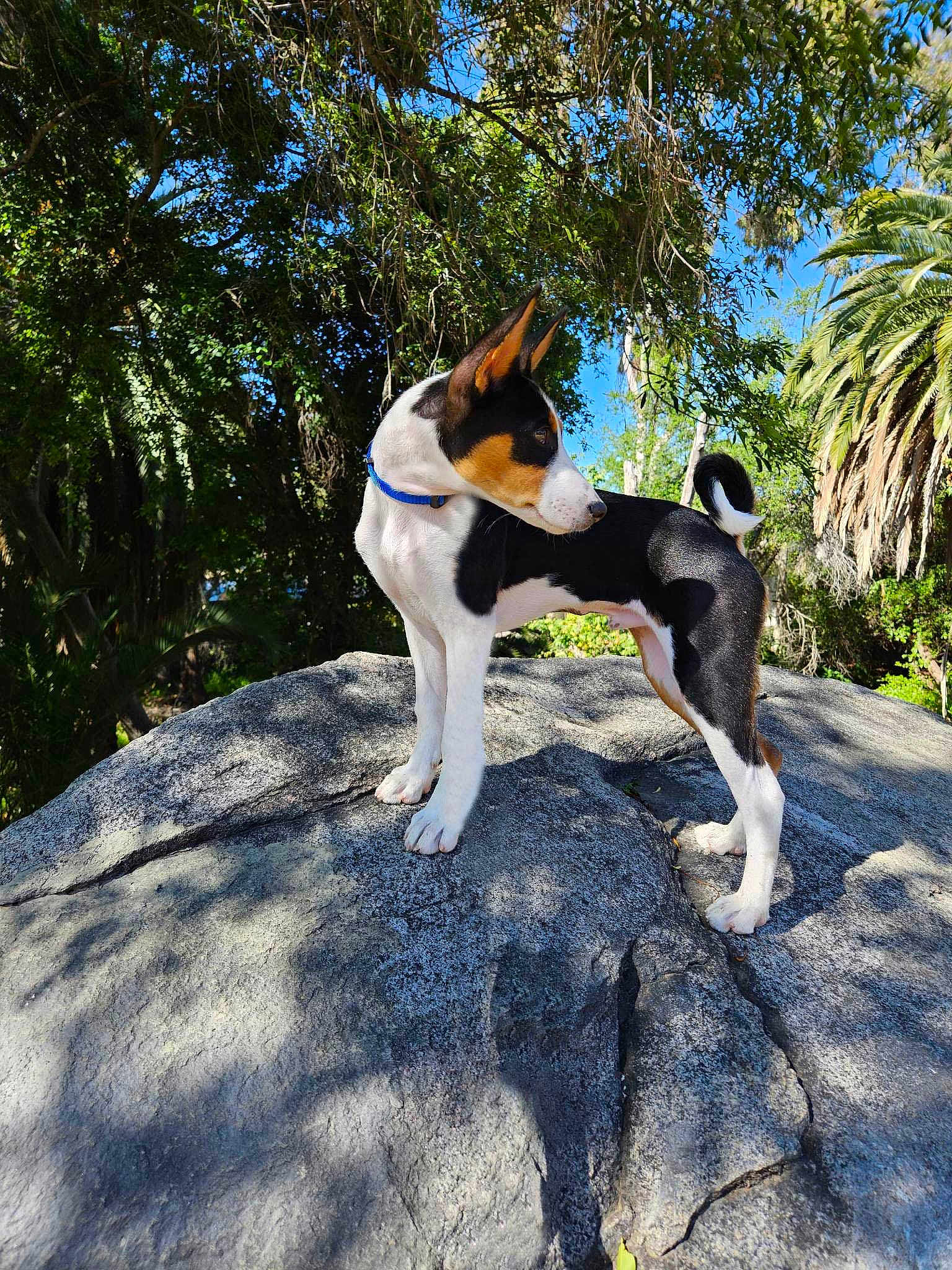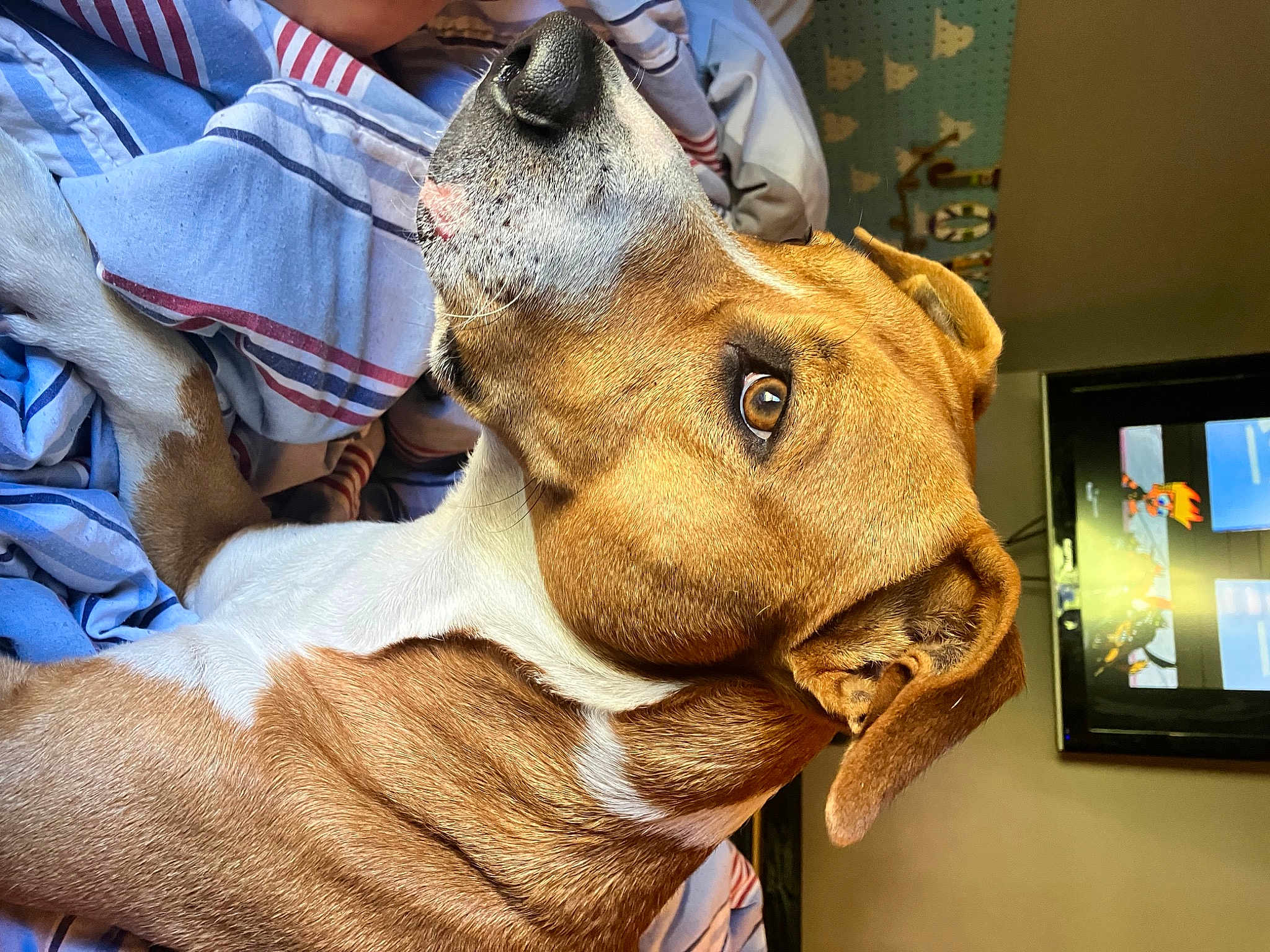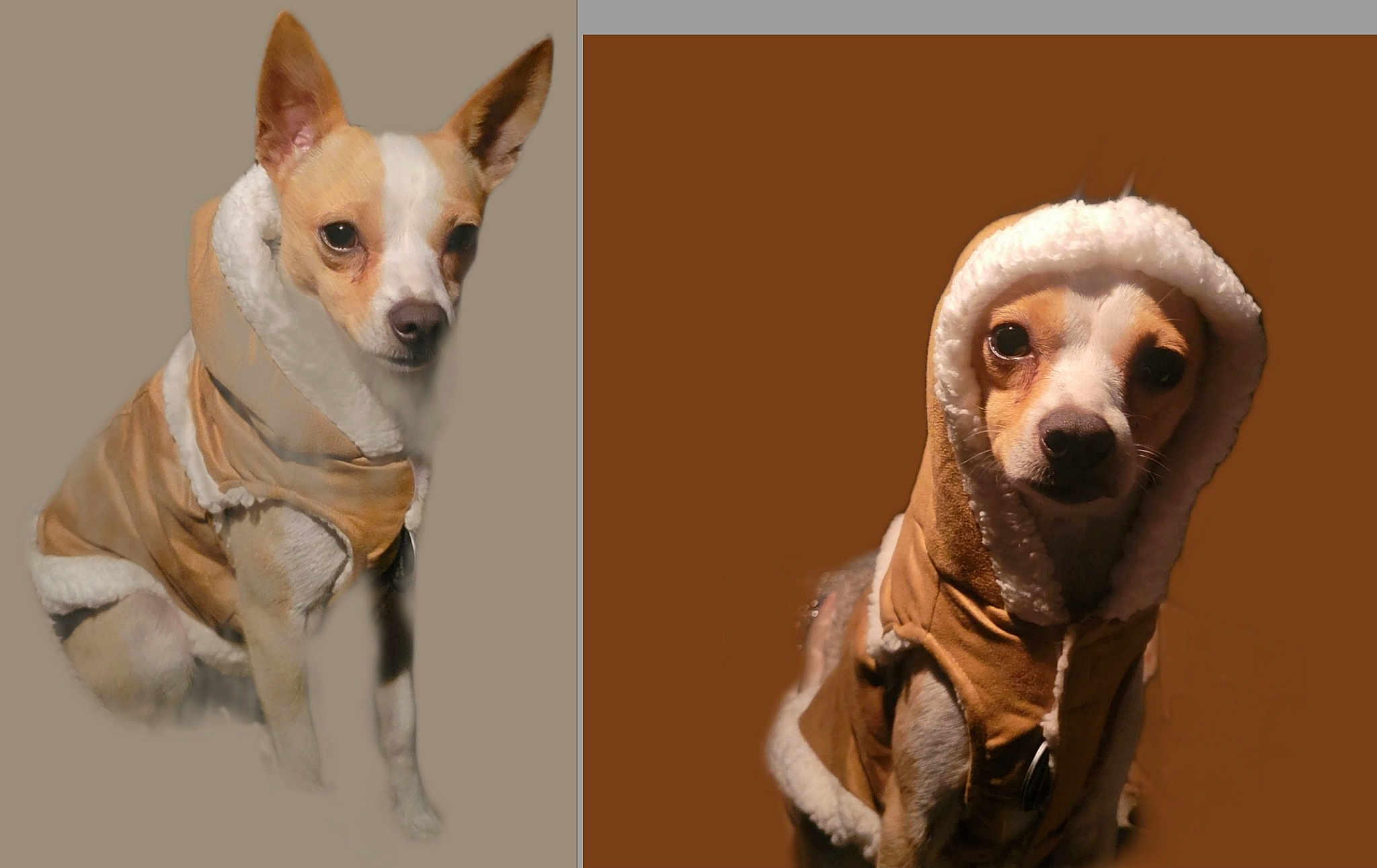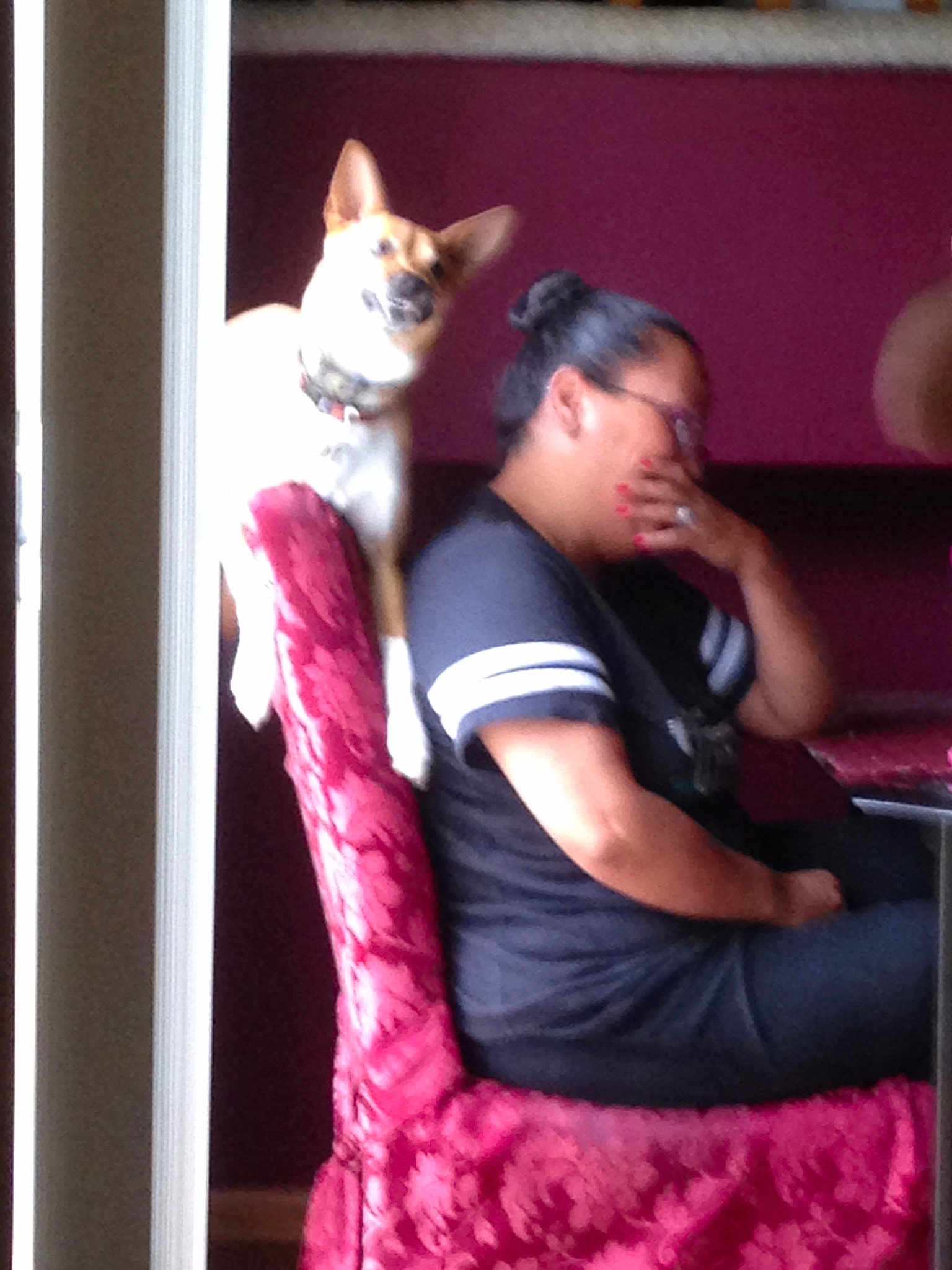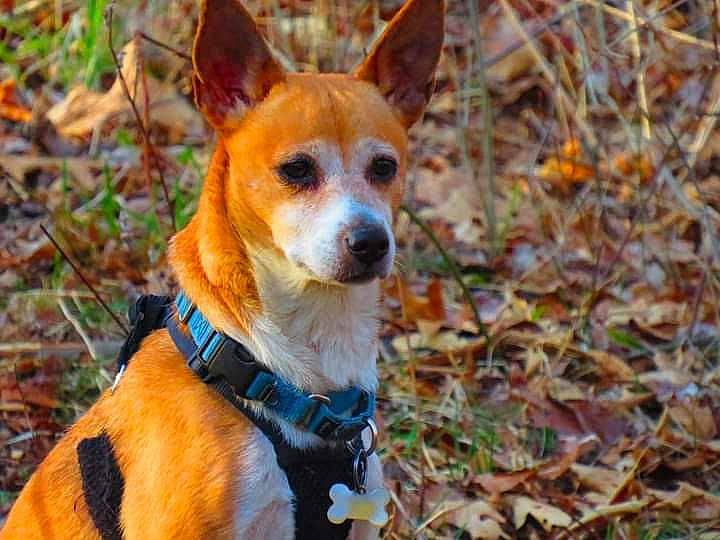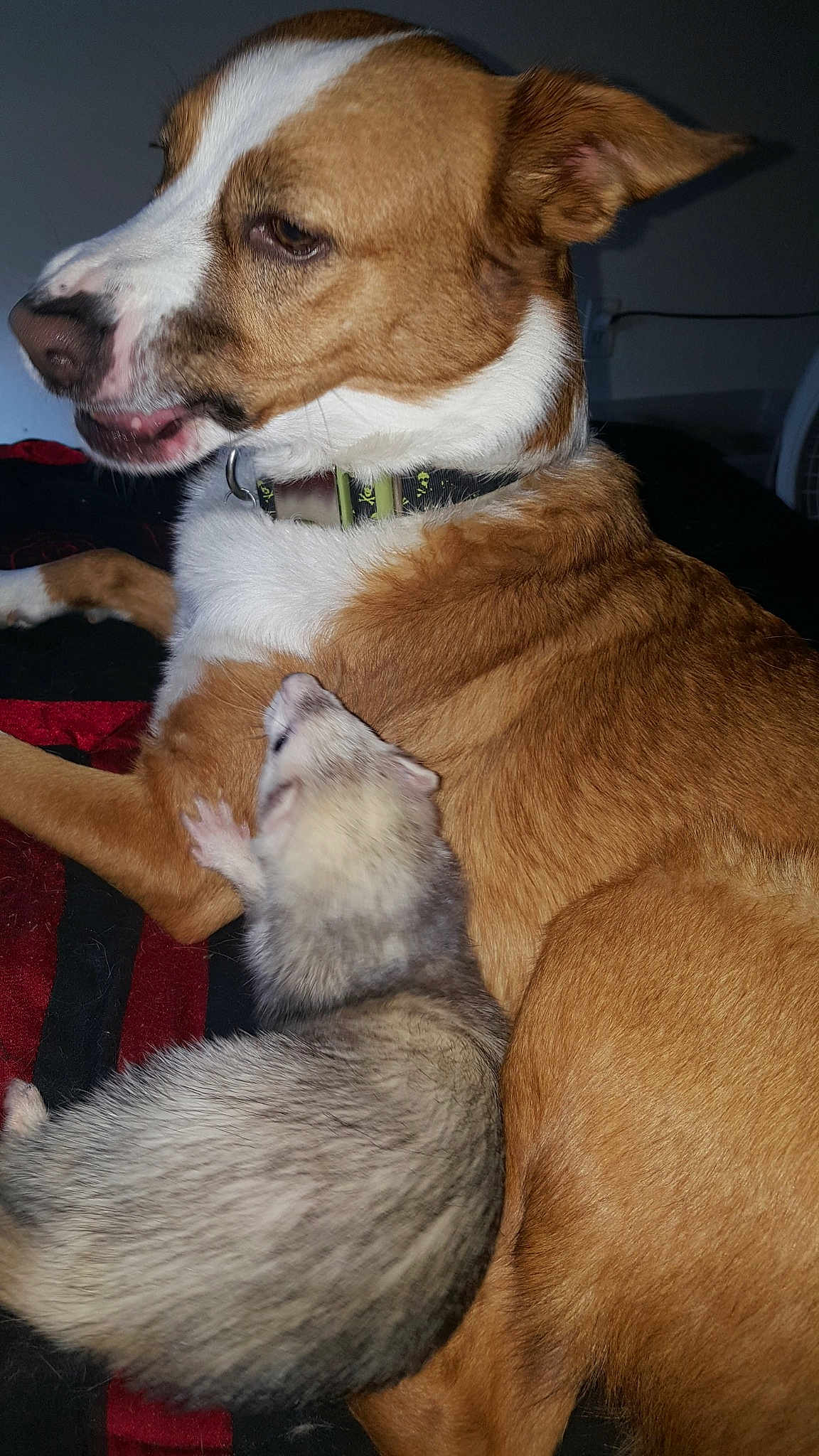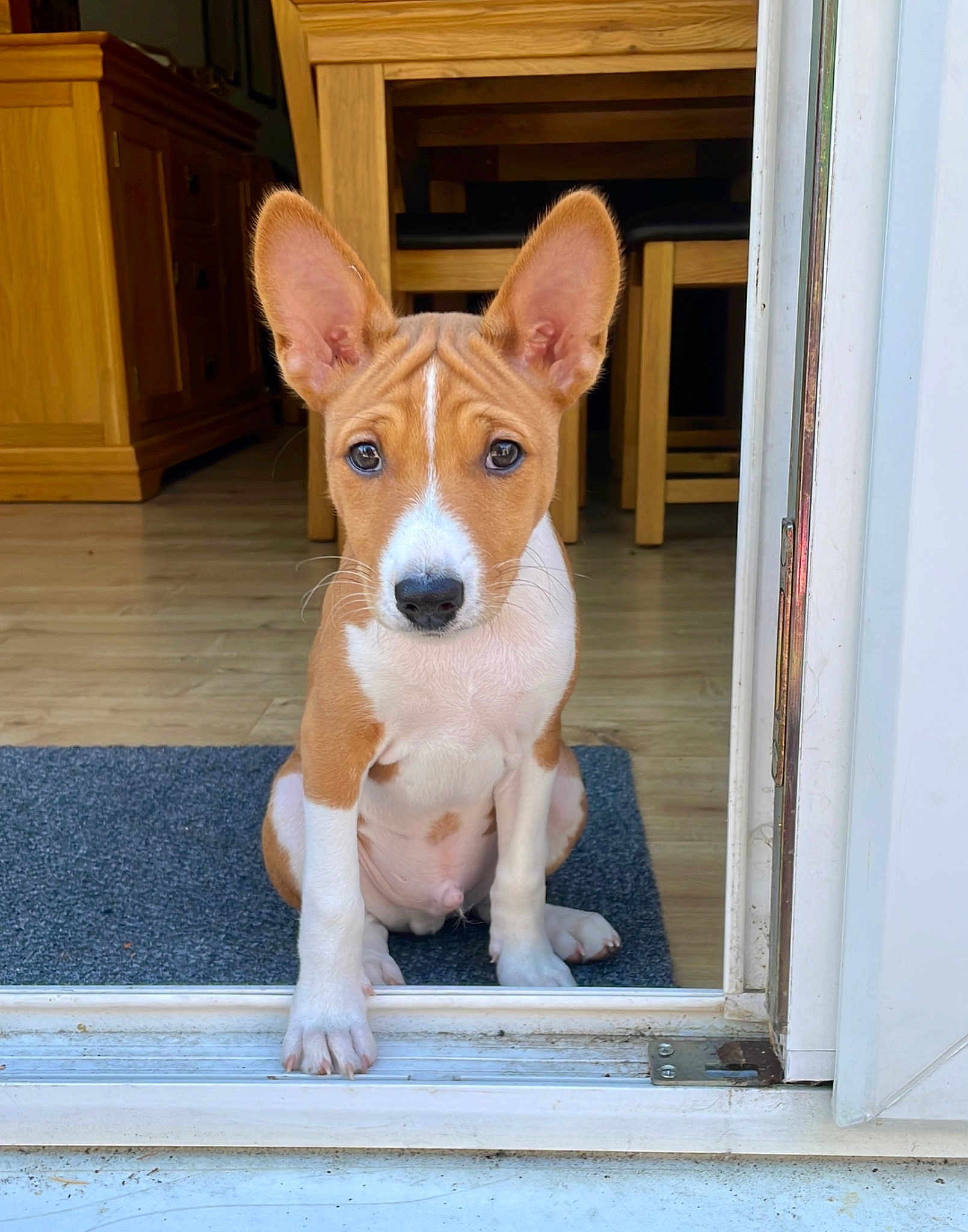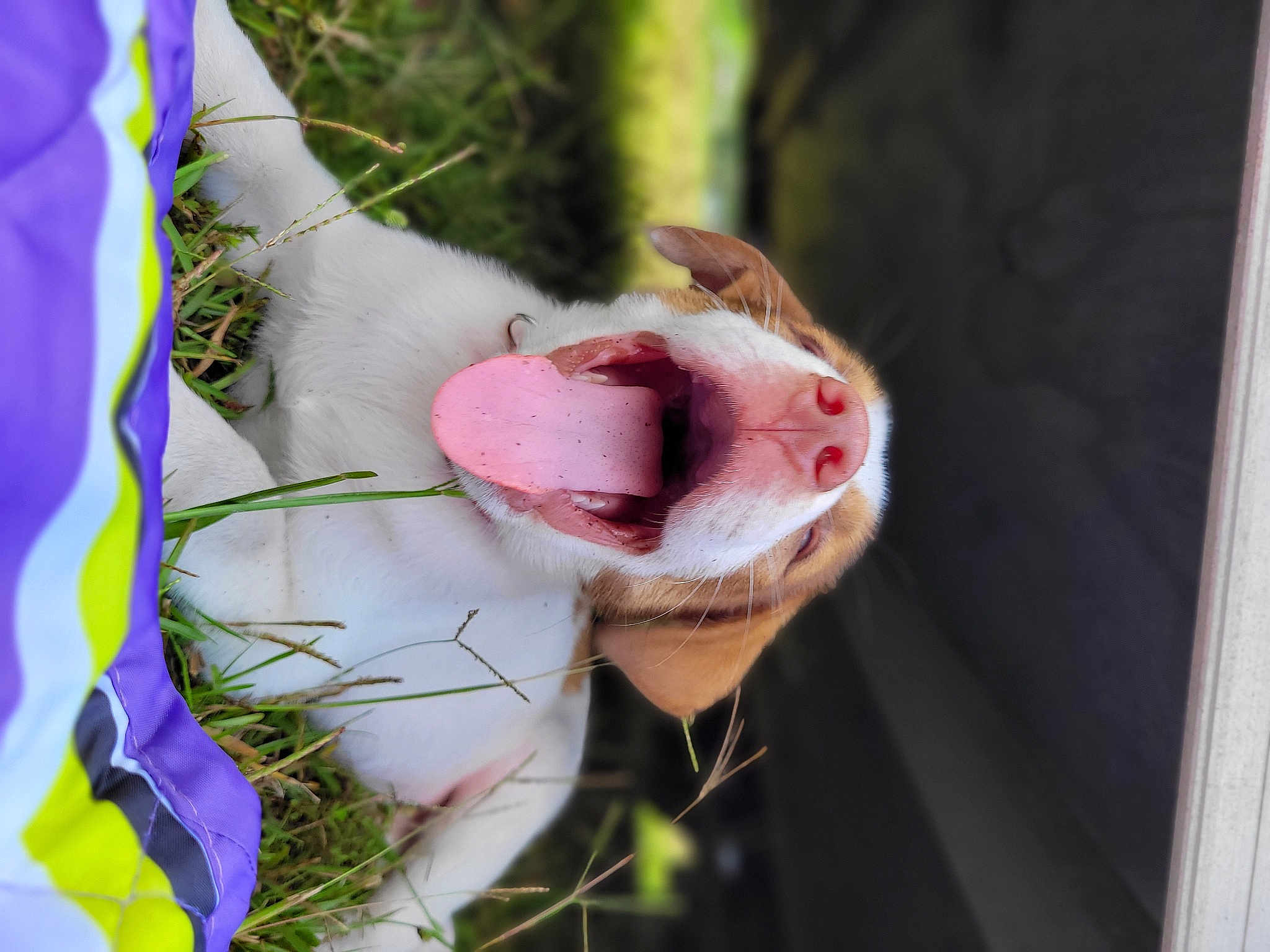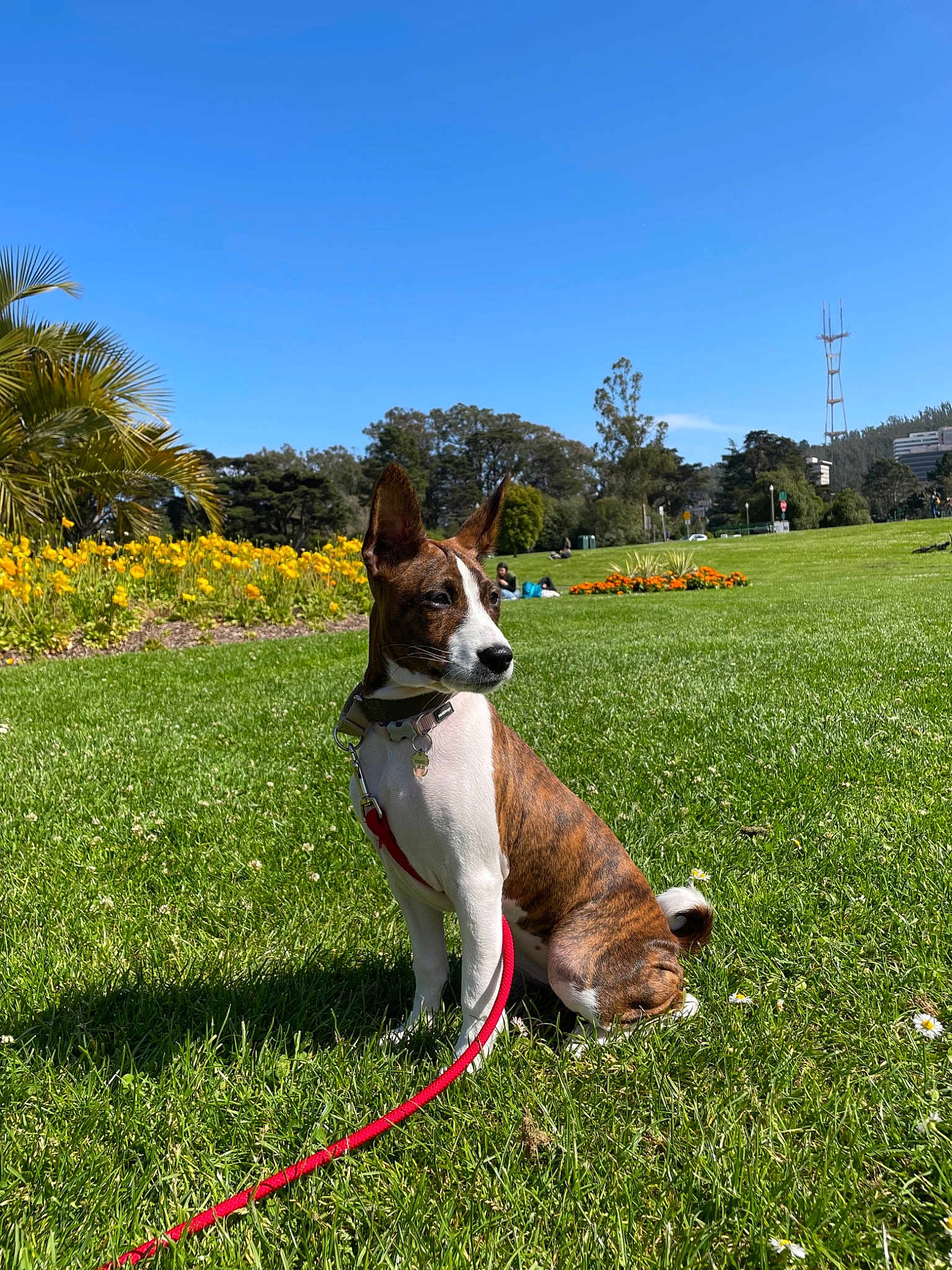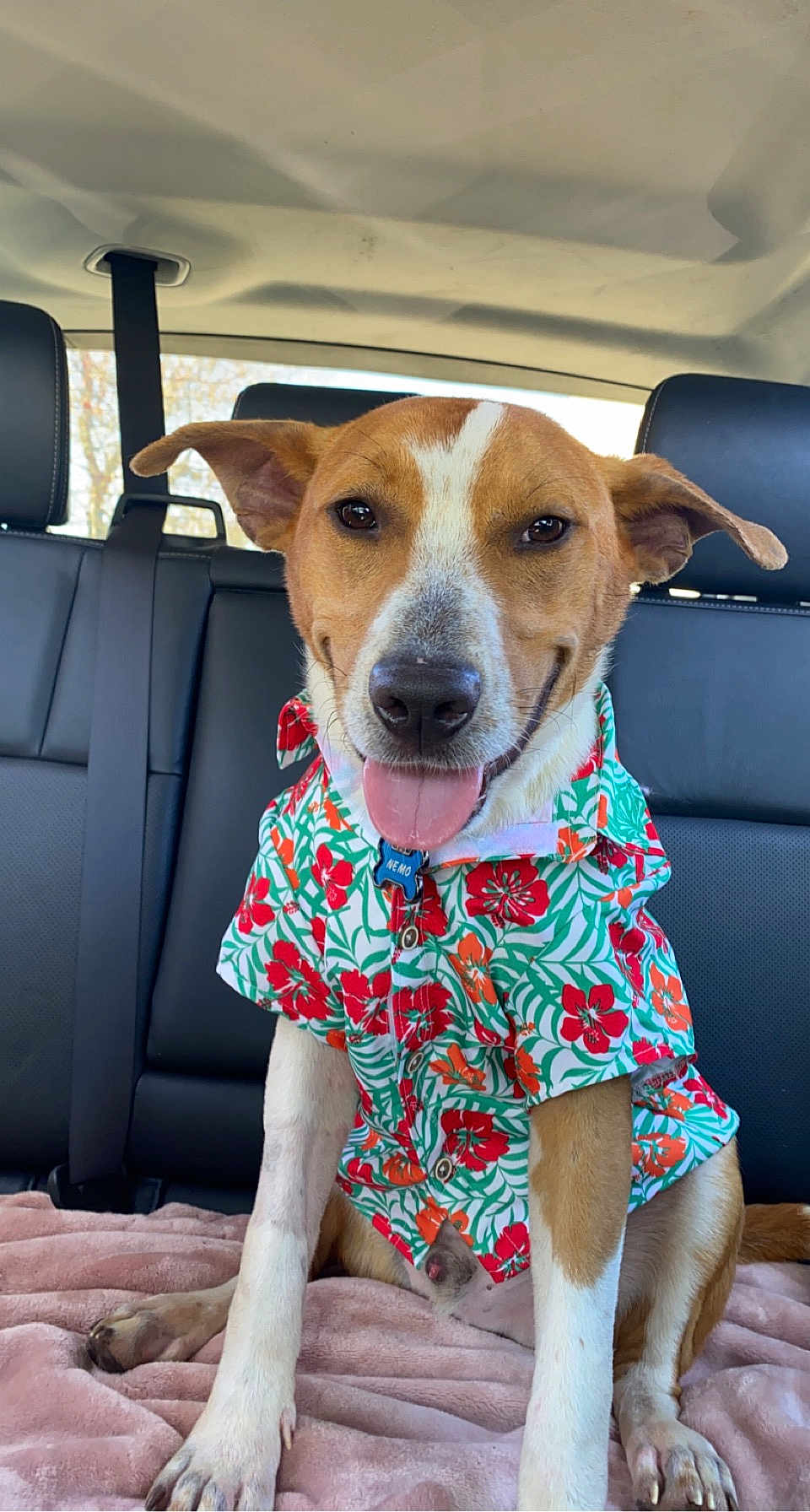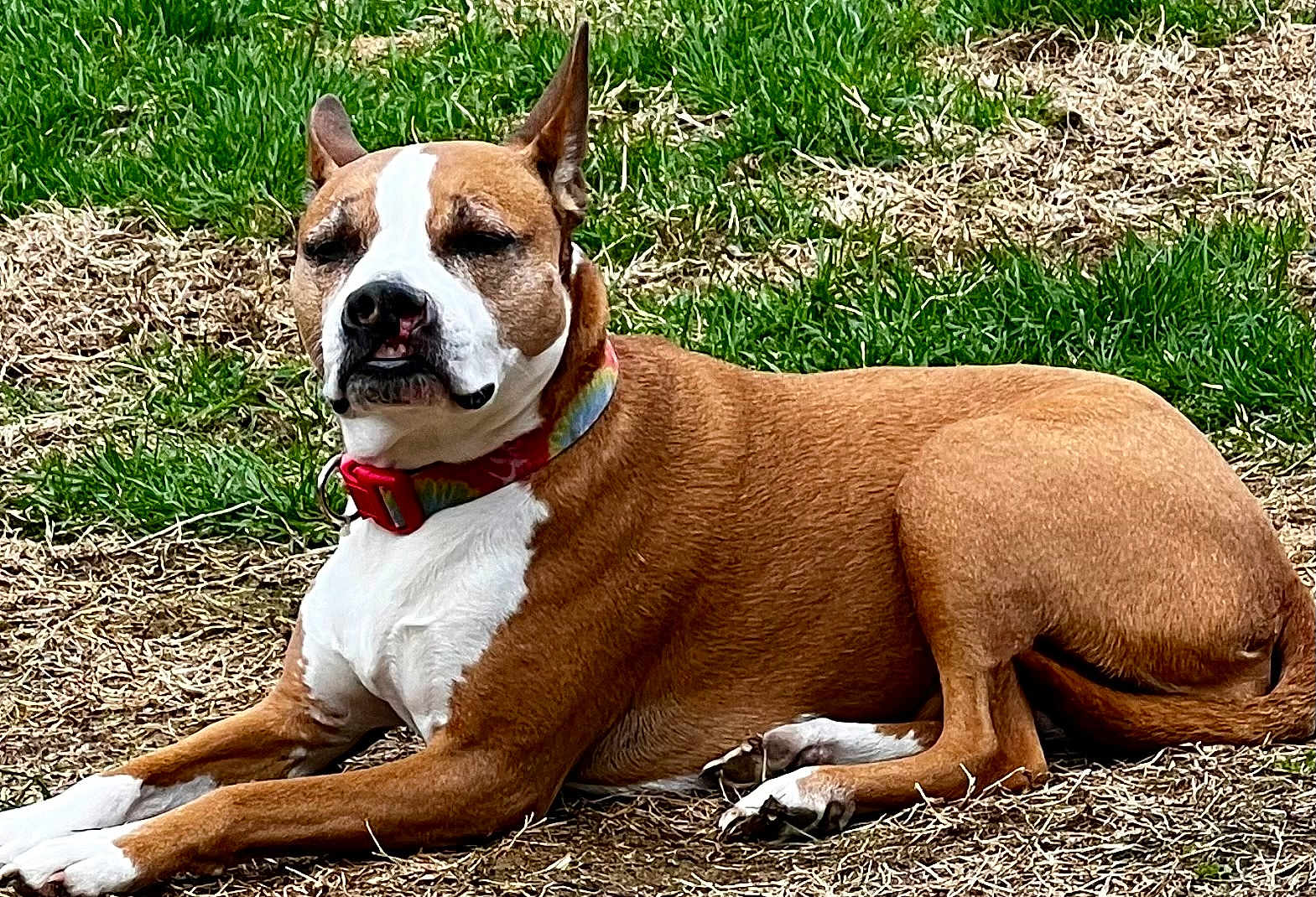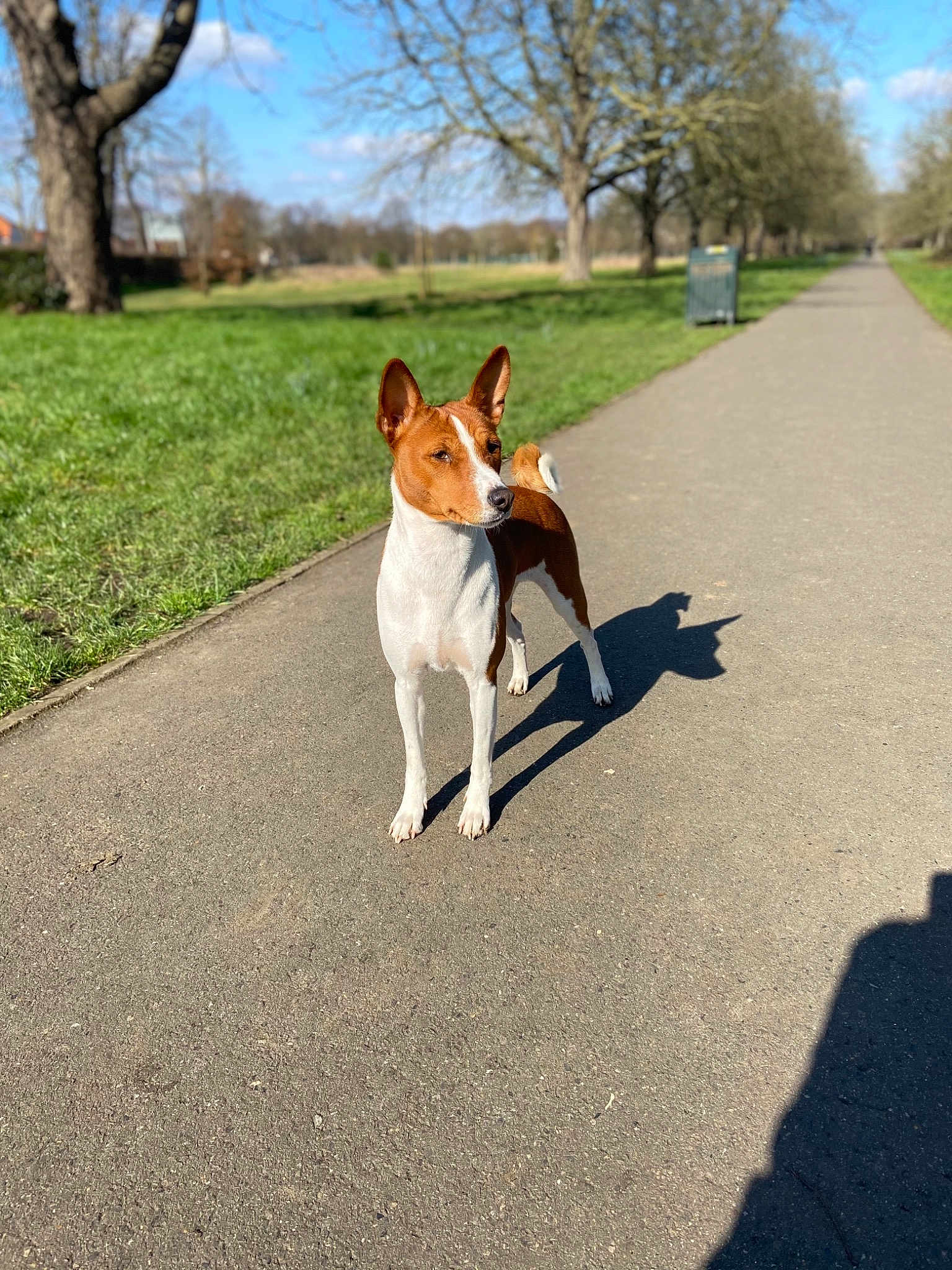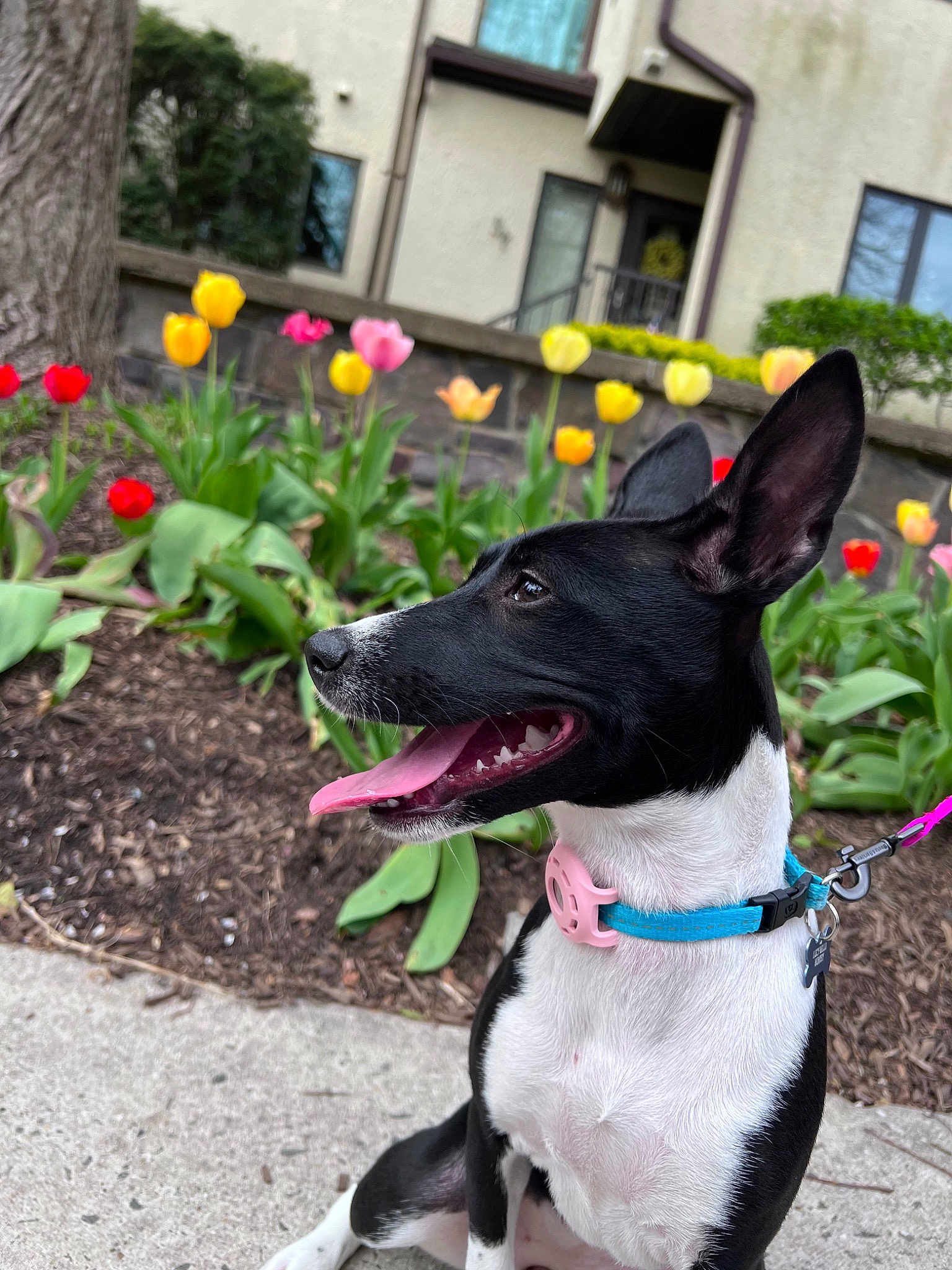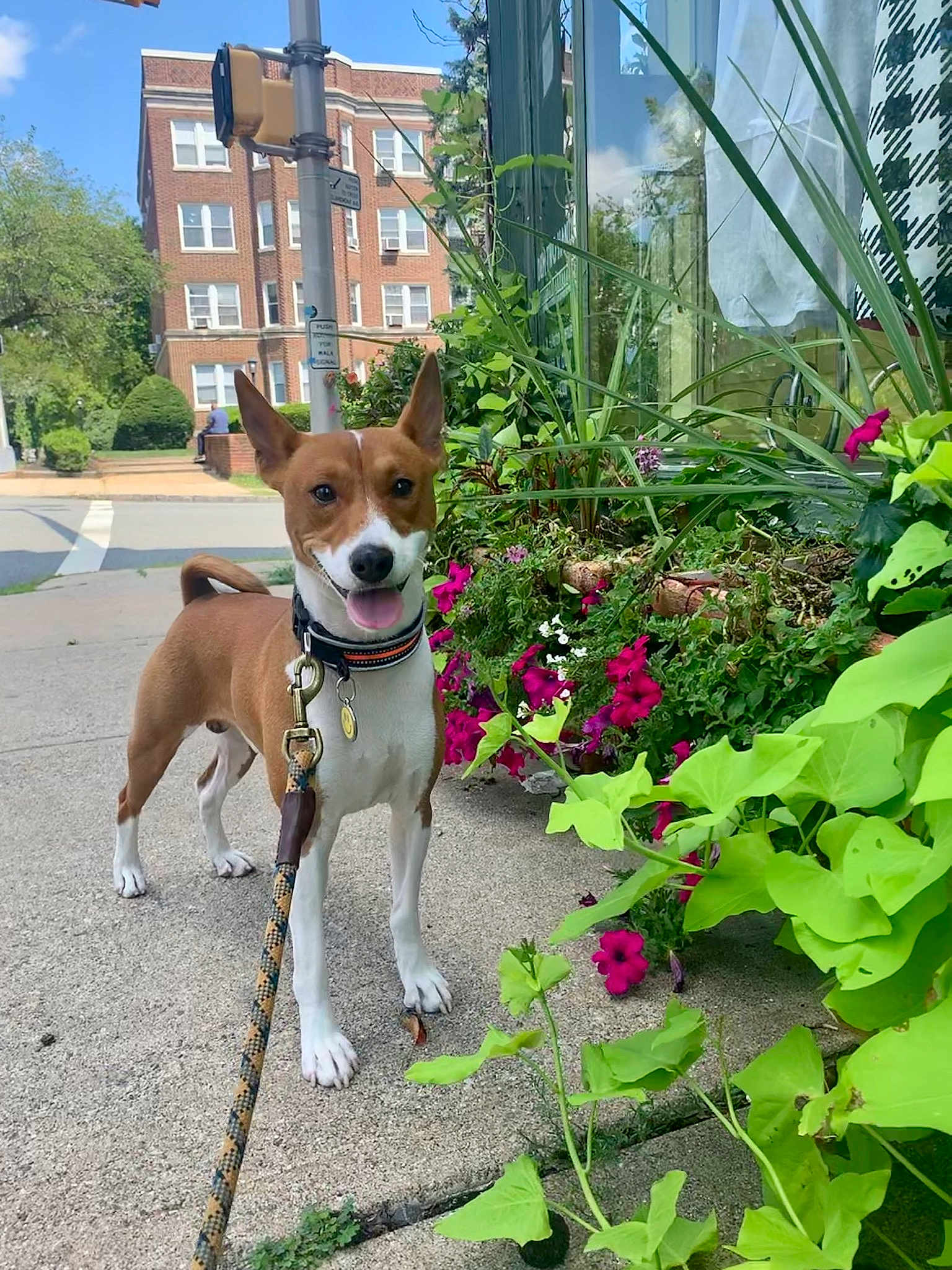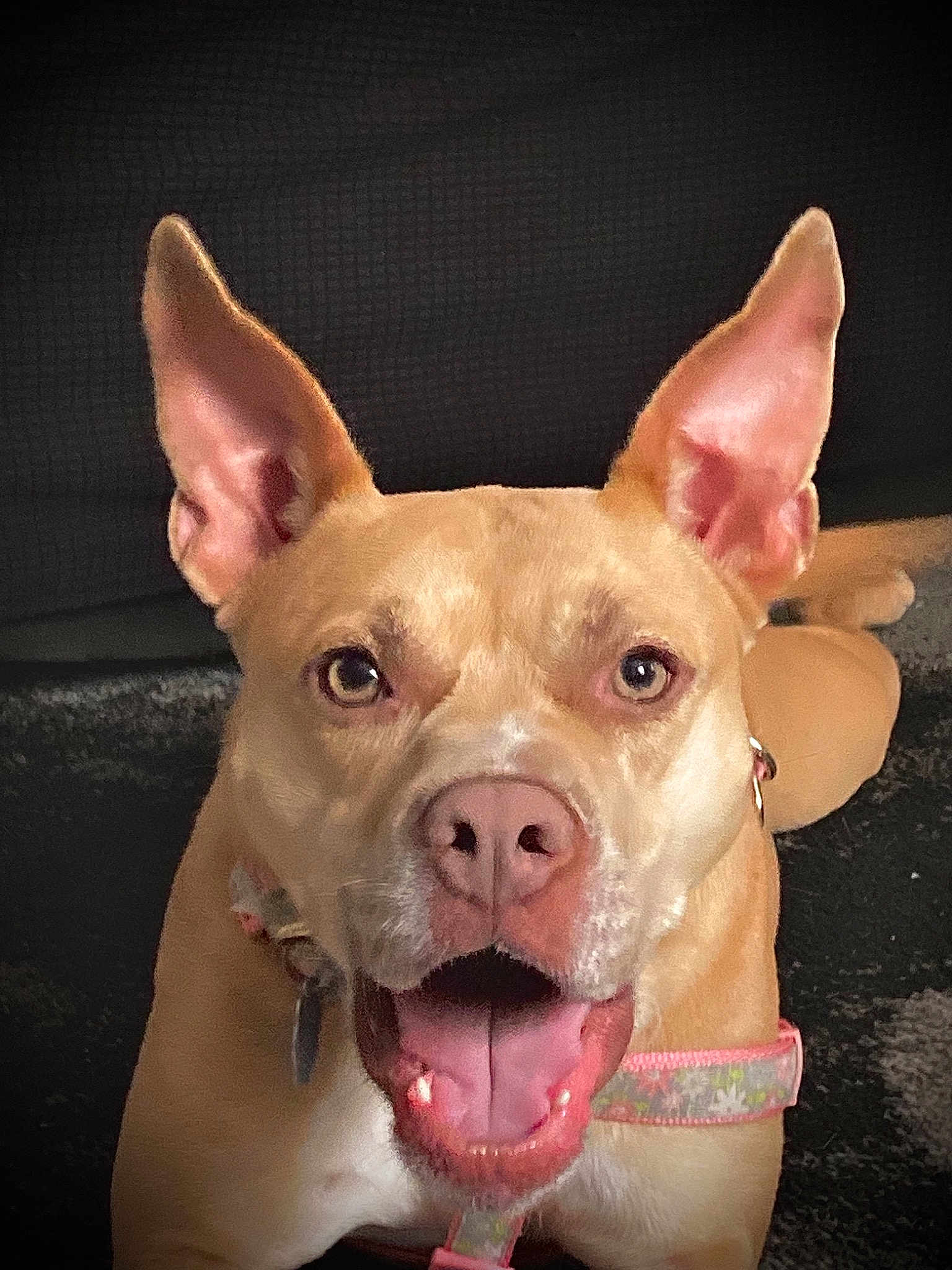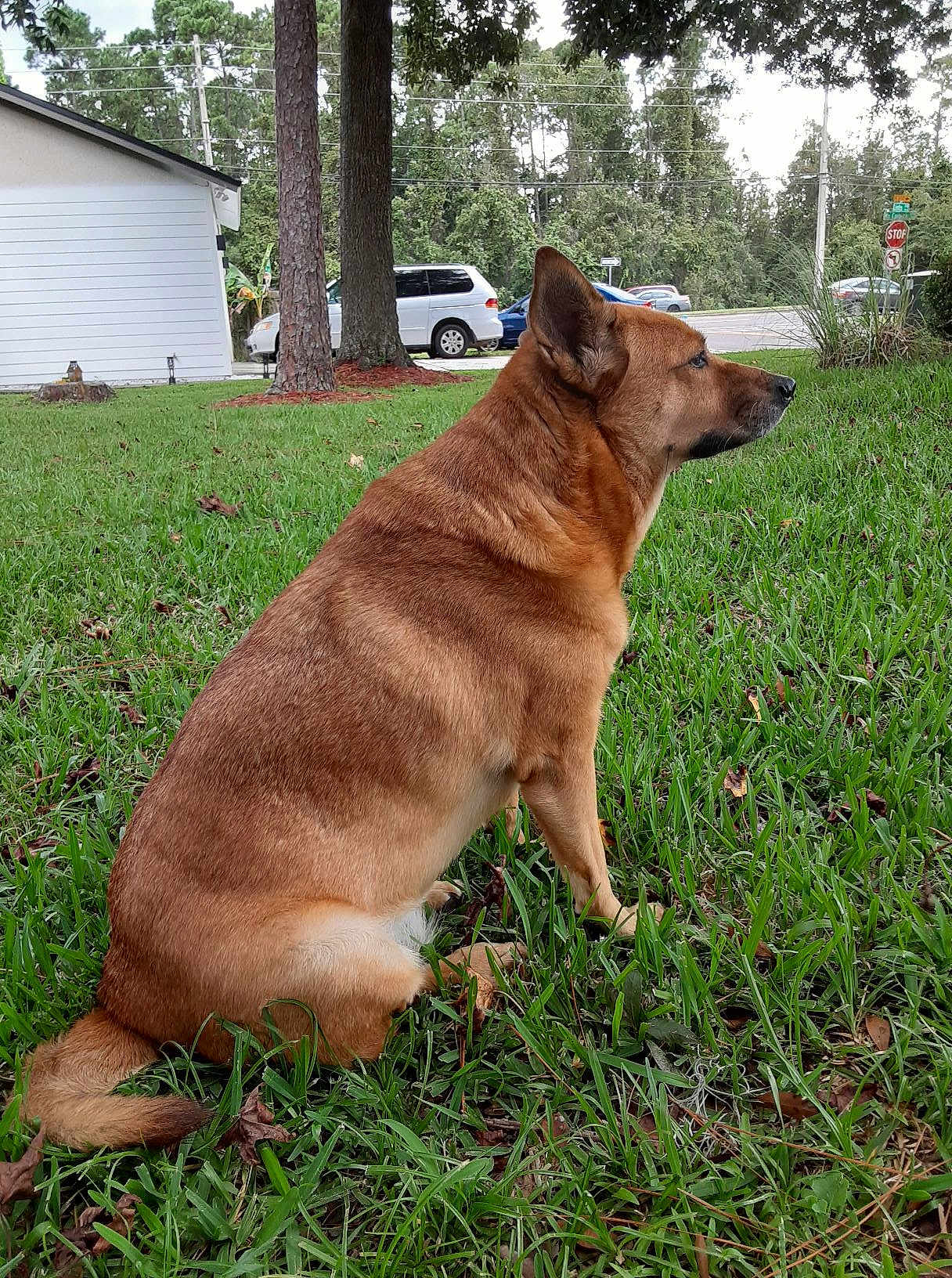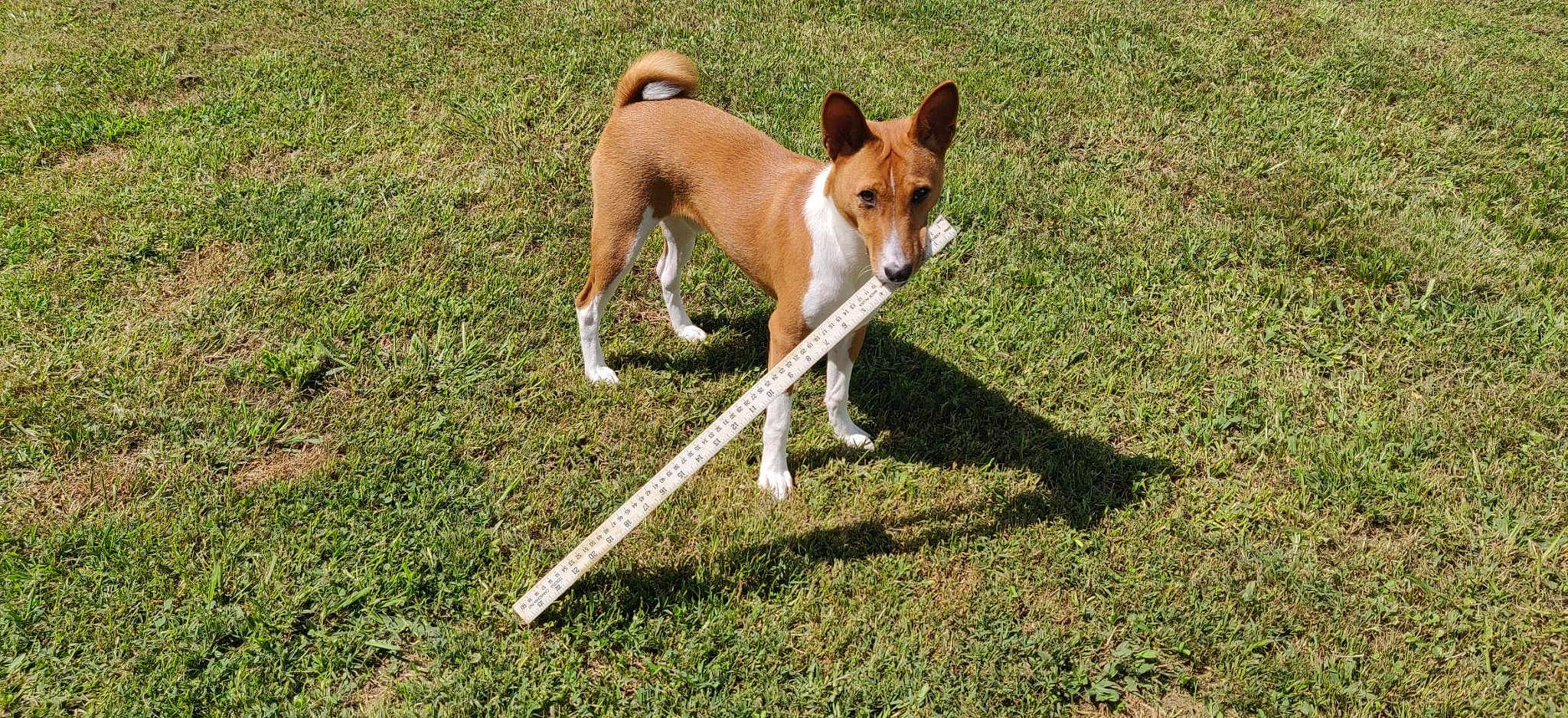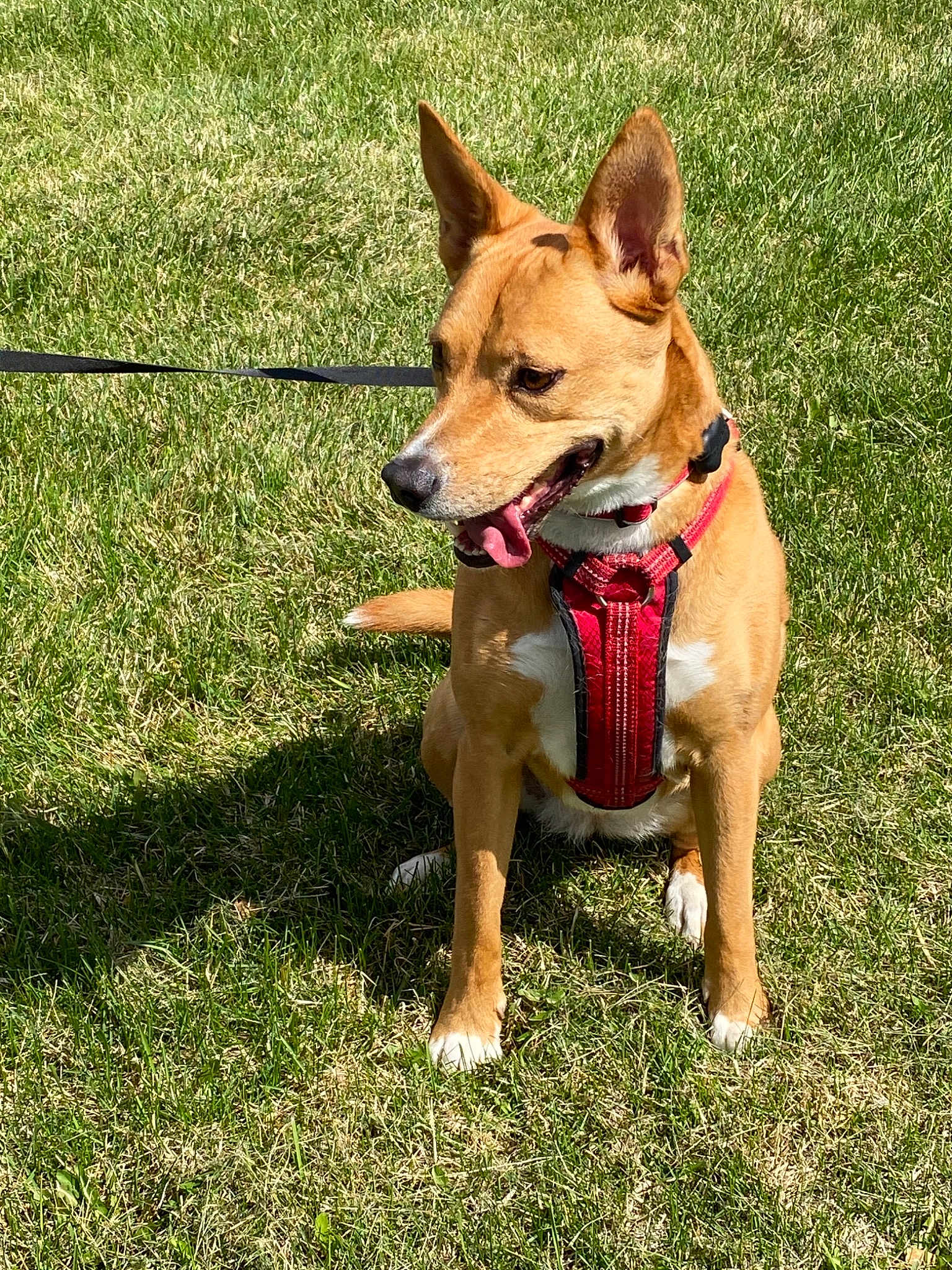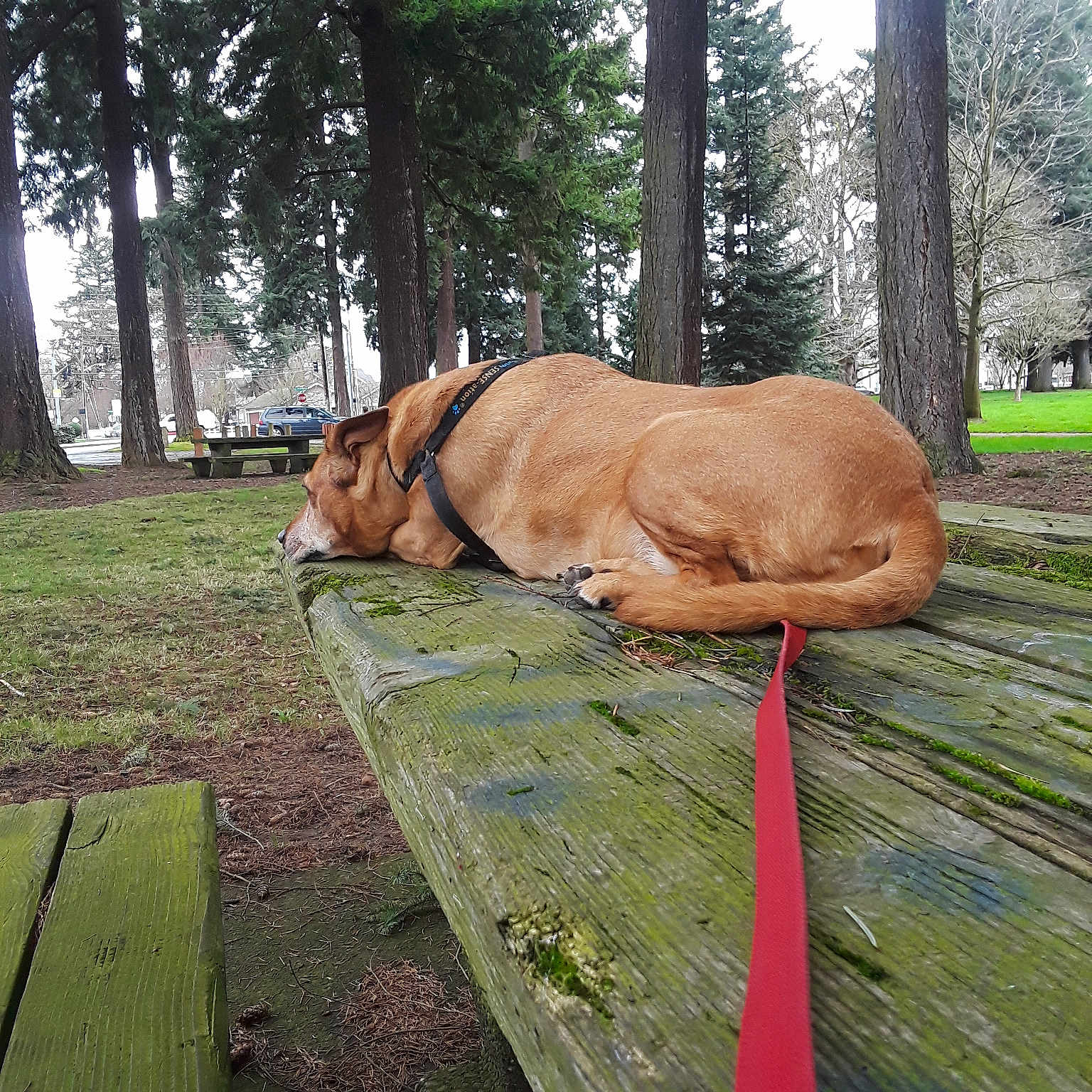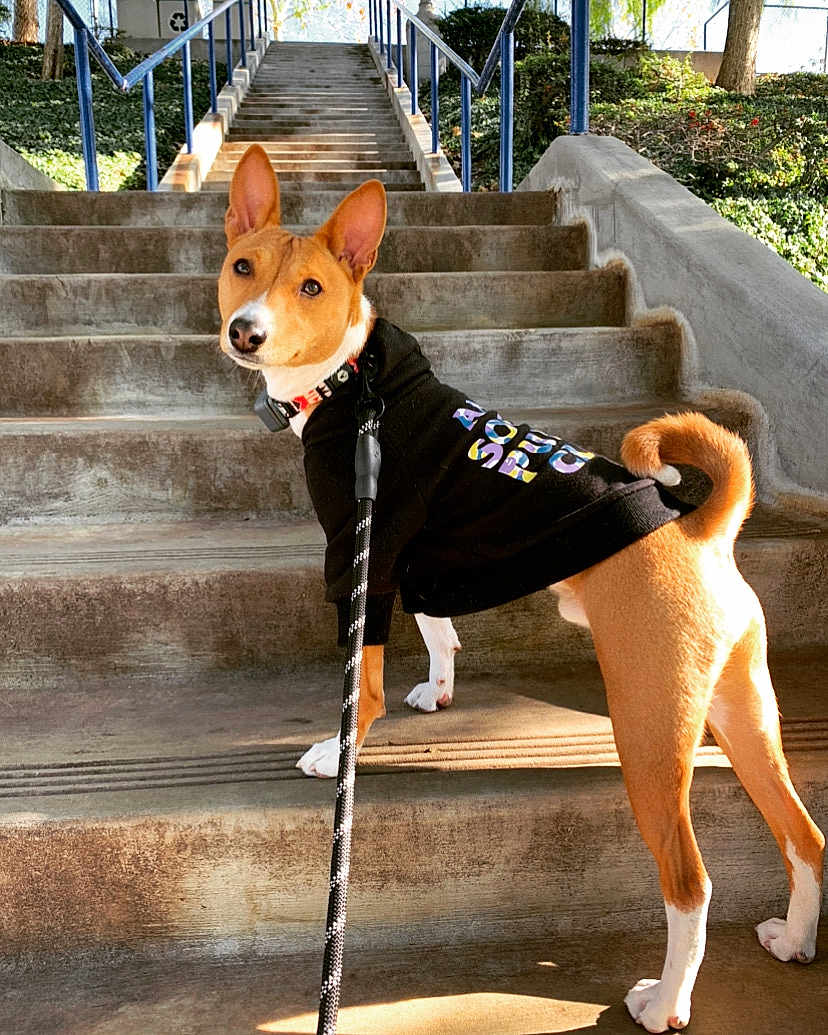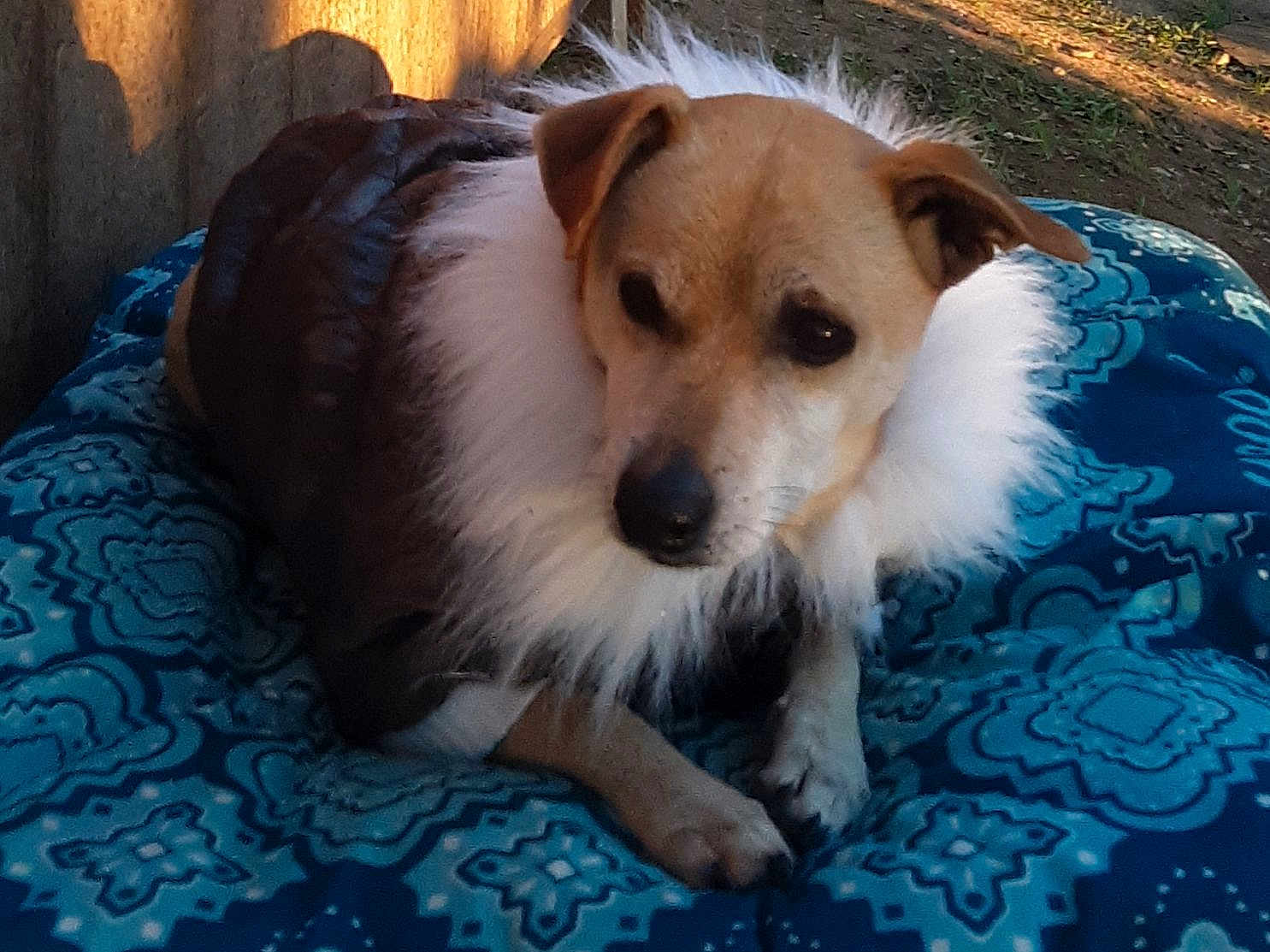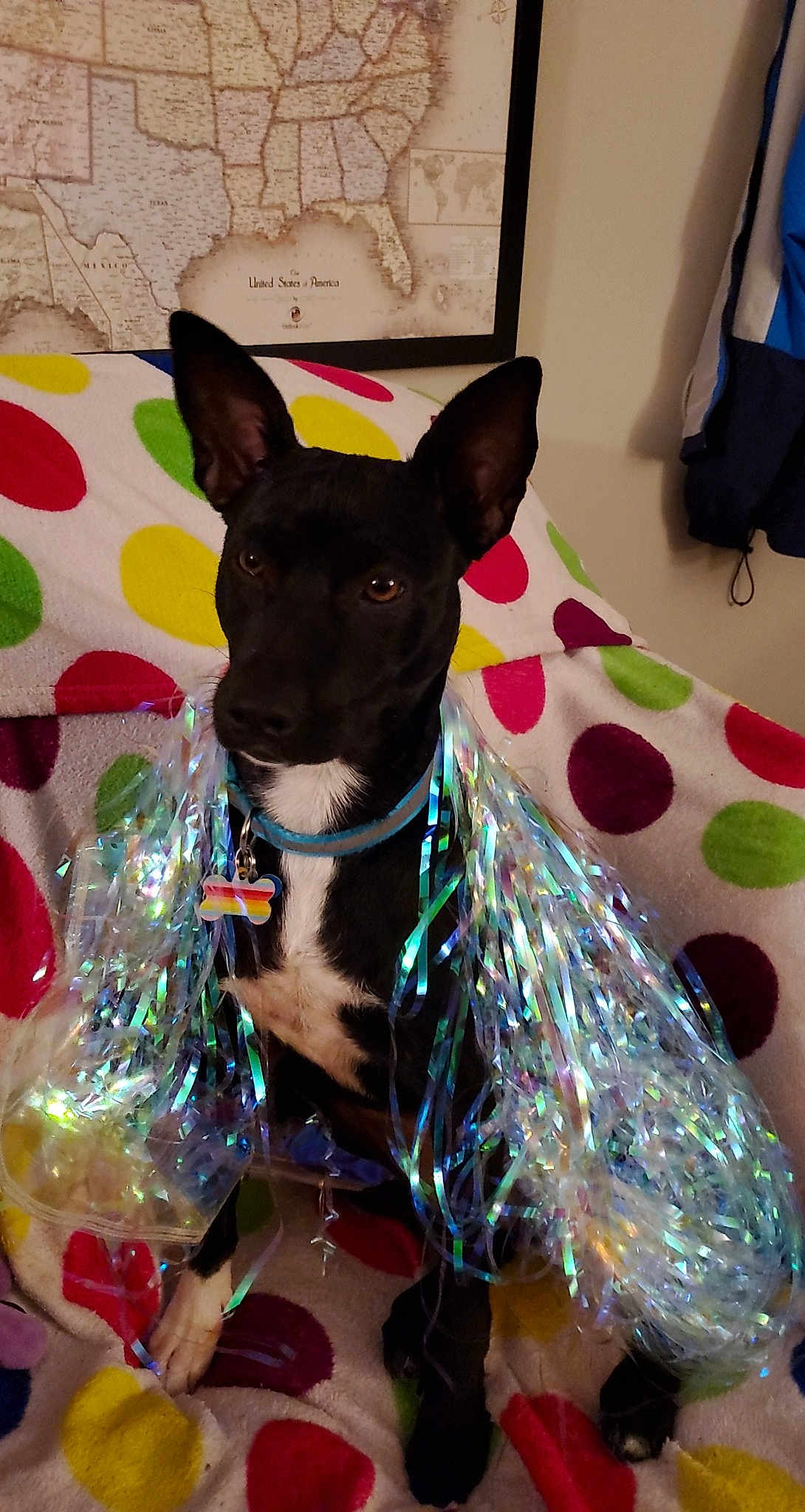
"Few dog breeds are as ancient and intriguing as the Basenji, a breed known for its remarkable vocal cords, leading to its nickname 'the barkless dog'."
The world of dog breeds is vast and diverse, each breed carrying a unique history, set of characteristics, and cultural significance. Among them, the Basenji stands out not only for its distinct personality and behavior but also for its rich historical background and origins. Understanding the appeal and care requirements of a Basenji can help potential dog owners determine if this breed aligns with their lifestyle and preferences.
Personality and Behavior of the Basenji
The Basenji is often described as a cat-like dog due to its curious, independent nature. This breed tends to be quite energetic and playful, making it a wonderful companion for active families. Despite their small stature, Basenjis are known for their agility and love for running, owing to their history as hunting dogs.
One of the key personality traits of Basenjis is their intelligence. They are highly observant and can be quite crafty in getting what they want. This cleverness, while endearing, means they need consistent and thoughtful training to ensure they understand the rules of their household.
Basenjis are also known for their sensitive nature. They form strong bonds with their human families and are generally affectionate, although they may be aloof with strangers. Their unique way of showing affection, such as leaning against their owner or giving a gentle nuzzle, can be incredibly heartwarming.
A fascinating detail about Basenjis is their yodel-like sound called a "baroo." This sound is due to their uniquely shaped larynx and is often used as a communicative tool among their pack or family members.
Meanings, History, and Origins of the name Basenji
The name "Basenji" originates from Central Africa and translates to "village dog" in the Lingala language. This breed has a deep-rooted history dating back thousands of years, often depicted in ancient Egyptian artifacts and hieroglyphs. The Basenji was revered for its hunting prowess and was valued for its ability to silently track prey.
History suggests that Basenjis were initially discovered in the Congo Basin by Western explorers in the 19th century. These explorers were captivated by the breed's unique characteristics, including its barkless nature and exceptional hunting skills. The Basenji was later brought to England and then to the United States, where it began to gain popularity among dog enthusiasts.
The Basenji’s temperament and behavior were finely tuned by centuries of living close to humans in Africa, helping them develop into versatile and loyal companions. Their ability to adapt to various environments and tasks made them an invaluable asset to their human partners.
Popularity of the Basenji
In recent years, the Basenji's popularity has seen a steady increase, especially among those seeking a distinctive and low-maintenance breed. Their striking appearance and unique traits have made them a favorite among dog show participants and breeders alike.
In English-speaking countries, the Basenji is appreciated for its clean habits – much like a cat, they groom themselves regularly. This trait is particularly appealing to those who prefer a dog with minimal odor and shedding. Organizations like the American Kennel Club (AKC) recognize the Basenji, which has further contributed to its rising popularity.
Globally, the Basenji holds a special place in various cultures, especially within Africa where they are still used as hunting and companion animals. Their legacy and historical significance continue to be celebrated, and their presence in international dog shows highlights their enduring appeal.
Health and Care of the Basenji
The Basenji is a relatively healthy breed, but like all dogs, they can be prone to certain health issues. One common condition is Fanconi syndrome, a kidney disorder that can be managed with proper veterinary care. Responsible breeders test for this and other genetic conditions to ensure healthy litters.
Diet plays a crucial role in maintaining the health of a Basenji. A high-quality, balanced diet that meets their nutritional needs is essential. Additionally, due to their active nature, regular exercise is a must to keep them healthy and happiness.
Regular grooming is another important aspect of Basenji care. Their short coat requires minimal grooming, but regular brushing helps maintain their sleek appearance and reduces shedding. Regular dental care, nail trimming, and ear cleaning are also recommended to keep them in tip-top shape.
Training and Education of the Basenji
Training a Basenji can be both challenging and rewarding. Their independent and intelligent nature means they can sometimes be stubborn. Early socialization and obedience training are crucial to ensure they learn boundaries and appropriate behaviors.
Positive reinforcement techniques work best with Basenjis. They respond well to treats, praise, and play, making training sessions enjoyable for both the dog and the owner. Consistency is key, as Basenjis can quickly pick up on inconsistencies in training.
One unique aspect of training the Basenji is addressing their natural prey drive. Given their history as hunting dogs, it’s important to manage this instinct through controlled environments and activities that satisfy their need to chase and hunt in a safe and structured way.
When choosing the right breed for your household, consider factors like personality, activity level, and grooming needs. The Basenji, with its unique charm and cat-like behaviors, may be an ideal match for active individuals or families who appreciate a dog with a distinctive personality and fascinating history.
Dogs hold a special place in our hearts, and each breed brings something unique to the table. The Basenji, with its rich history and captivating characteristics, remains a favorite among many dog enthusiasts. We at KingPet are delighted to have a growing number of Basenji participants in our contests, showcasing their elegance and charm. Choosing the Basenji means selecting a breed that offers a blend of independence, affection, and a touch of the extraordinary, making them a wonderful addition to any loving home.








